The Missing About Page
Think of your website as your company’s front door and calling card. Founder presence and company brand help build trust with customers, partners, and investors.
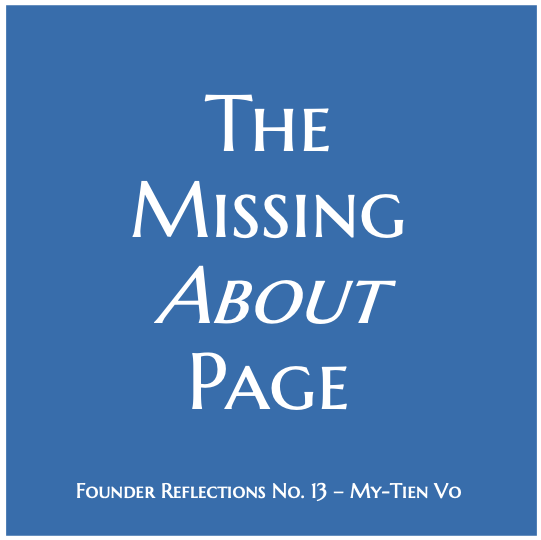
Think of your website as your company’s front door and calling card. Founder presence and company brand help build trust with customers, partners, and investors.

From a Taoist lens, progress unfolds through dual Yin and Yang forms.
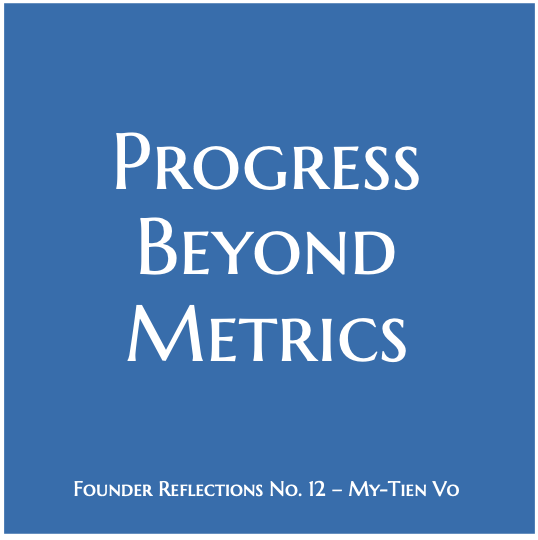
Progress as forward movement represents only one contribution to reaching a goal.
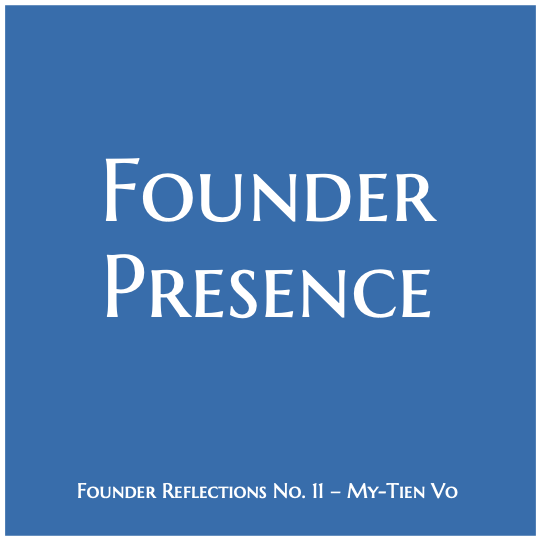
Founder presence emerges through alignment—between who a founder is, how they communicate, and where they are heading. A quiet force that shapes trust, clarity, and leadership.
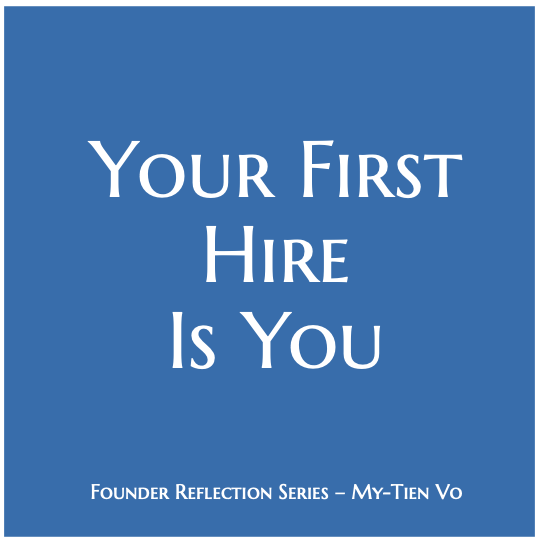
Most founders vet markets and talent but skip the leadership audit that matters most: their own. Your first hire is you.

Our default self is not minimal. It is the baseline integrity of who we are. Default is foundation. Worth protecting. Worth preserving.
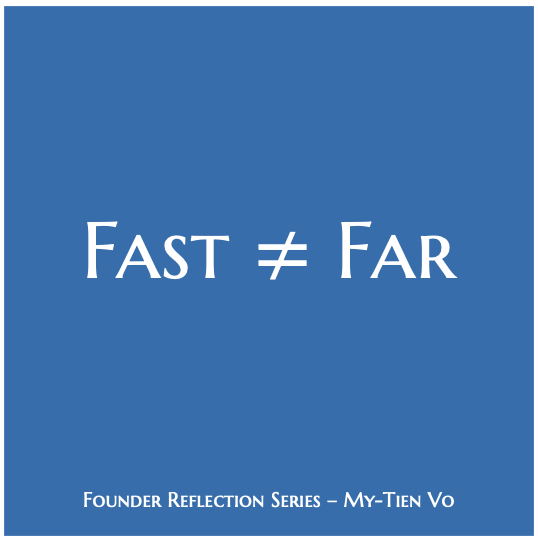
Build Fast / Fail Fast is sustainable until what it costs outweighs what it teaches. Products reboot quickly. Companies don’t.
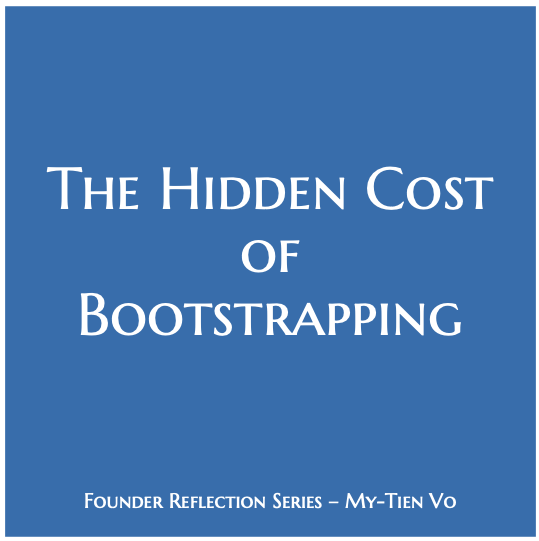
Bootstrapping is a mindset. A survival strategy. And it starts out useful. The same mindset can later you hold back.

The DIY mindset and approach can launch startups, but founders need to build solid infrastructure for a seaworthy venture.
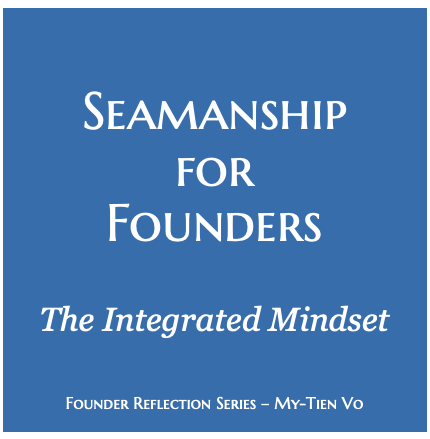
Seamanship is how founders steer with confidence. Start with an integrated mindset and approach. Build on a sound hull, not patchwork.